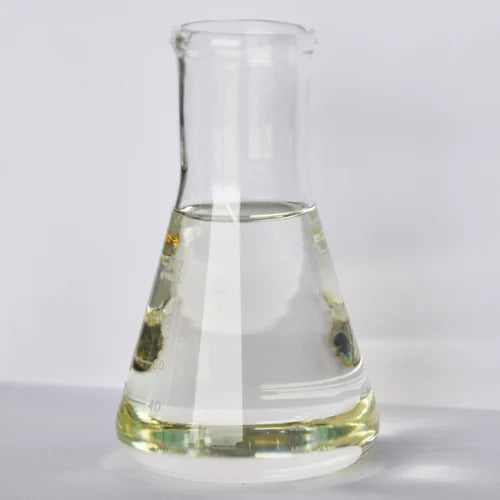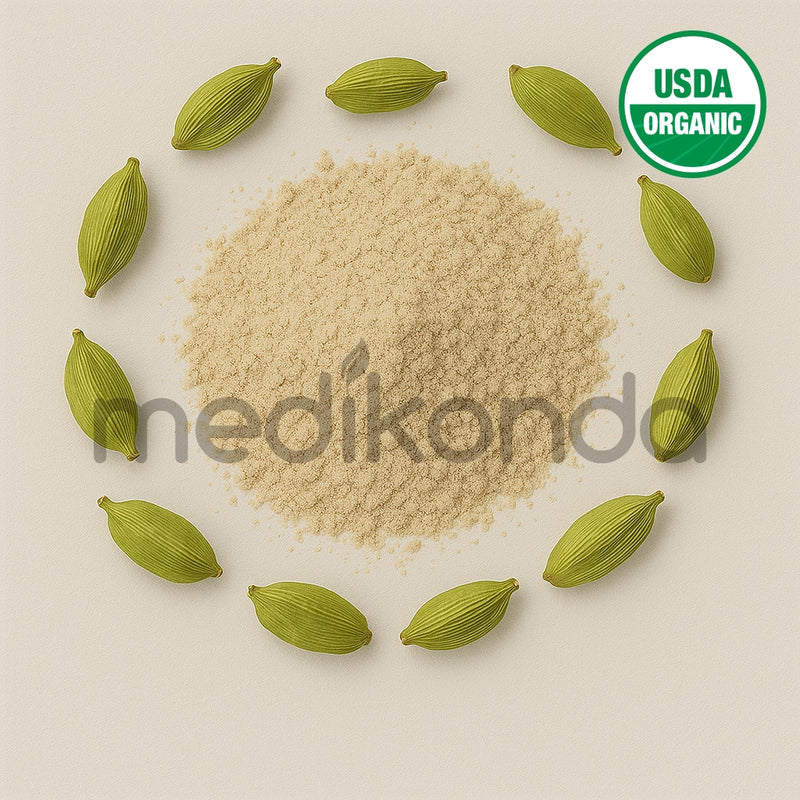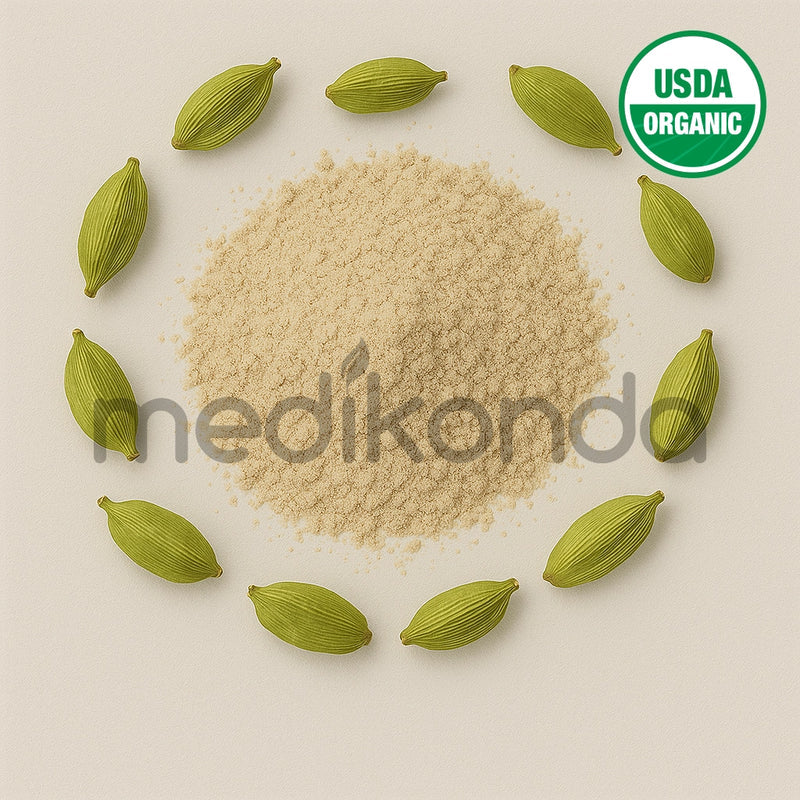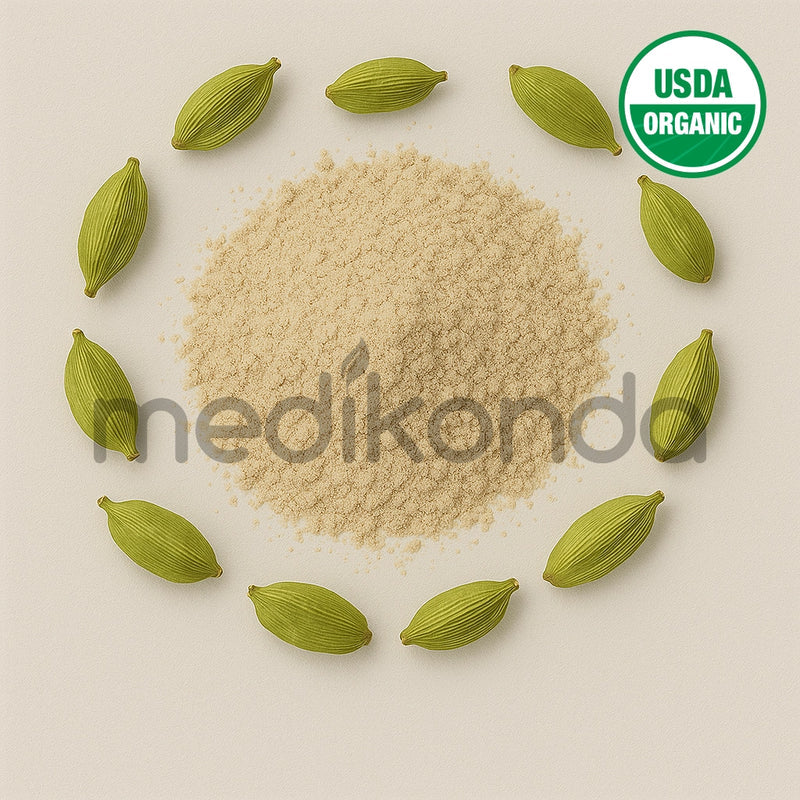Add description, images, menus and links to your mega menu
A column with no settings can be used as a spacer
Link to your collections, sales and even external links
Add up to five columns
Add description, images, menus and links to your mega menu
A column with no settings can be used as a spacer
Link to your collections, sales and even external links
Add up to five columns
LOOKING FOR BULK INGREDIENTS PRICING?
GET INSTANT QUOTEwhat ingredient are you looking for?

Benefits of Lactic Acid - Wholesale B2B Bulk Suppliers in Australia and New Zealand
Lactic Acid: The Gentle AHA for Smooth, Glowing Skin
What is Lactic Acid?
Lactic Acid is an alpha hydroxy acid (AHA) derived from fermented sugars, most commonly from milk or plant-based sources like corn and beets. Known for its gentle exfoliating properties, lactic acid is widely used in skincare to improve texture, tone, and hydration, making it ideal for sensitive and dry skin types.
Unlike harsher acids, lactic acid works on the surface of the skin to dissolve dead skin cells and promote cell turnover—revealing brighter, smoother skin without causing excessive irritation.
Key Benefits of Lactic Acid
1. Exfoliates Gently
Lactic acid breaks down the bonds between dead skin cells, helping to slough them off naturally. This results in a smoother and more radiant complexion.
2. Boosts Hydration
Unlike many exfoliants, lactic acid is also a humectant, meaning it draws moisture into the skin. This dual-action makes it especially beneficial for dry or dehydrated skin.
3. Brightens Skin Tone
Regular use helps fade dark spots, pigmentation, and dullness, leading to a more even, glowing skin tone.
4. Improves Texture and Softness
With continued use, lactic acid smooths rough patches and helps reduce the appearance of fine lines and wrinkles.
5. Supports Skin Renewal
By encouraging faster cell turnover, lactic acid helps revitalize aging skin and keeps it looking fresh and youthful.
Common Uses in Skincare
-
Exfoliating serums and toners
-
Moisturizers for dry, textured skin
-
Chemical peels (at higher concentrations)
-
Brightening face masks and night creams
Tips for Using Lactic Acid
-
Start slowly: If you're new to AHAs, begin with a lower concentration (around 5%) and increase gradually.
-
Use at night: Lactic acid can increase your skin’s sensitivity to the sun. Always follow up with broad-spectrum sunscreen during the day.
-
Avoid mixing with retinoids or strong acids unless directed by a dermatologist, to prevent irritation.
Is It Safe for All Skin Types?
Lactic acid is generally well-tolerated, especially for those with sensitive or dry skin. However, patch testing is always recommended. Those with extremely sensitive or compromised skin should consult a dermatologist before incorporating acids into their routine.
Final Thoughts
Lactic Acid is a powerful yet gentle AHA that offers the best of both worlds—exfoliation and hydration. Whether you're dealing with dull skin, rough texture, or early signs of aging, lactic acid can be your go-to ingredient for a healthier, more luminous complexion. Add it to your skincare arsenal to unlock smooth, soft, and glowing skin with minimal irritation.
For bulk orders and inquiries, visit Medikonda Nutrients - Lactic Acid
Medikonda Nutrients is the Largest Manufacturer, B2B Bulk Wholesale Supplier of Lactic Acid in Australia and New Zealand.
Also in Medikonda: Health & Wellness
SUBSCRIBE NOW ...
Don't miss to get latest updates on sales, new releases and promotions




